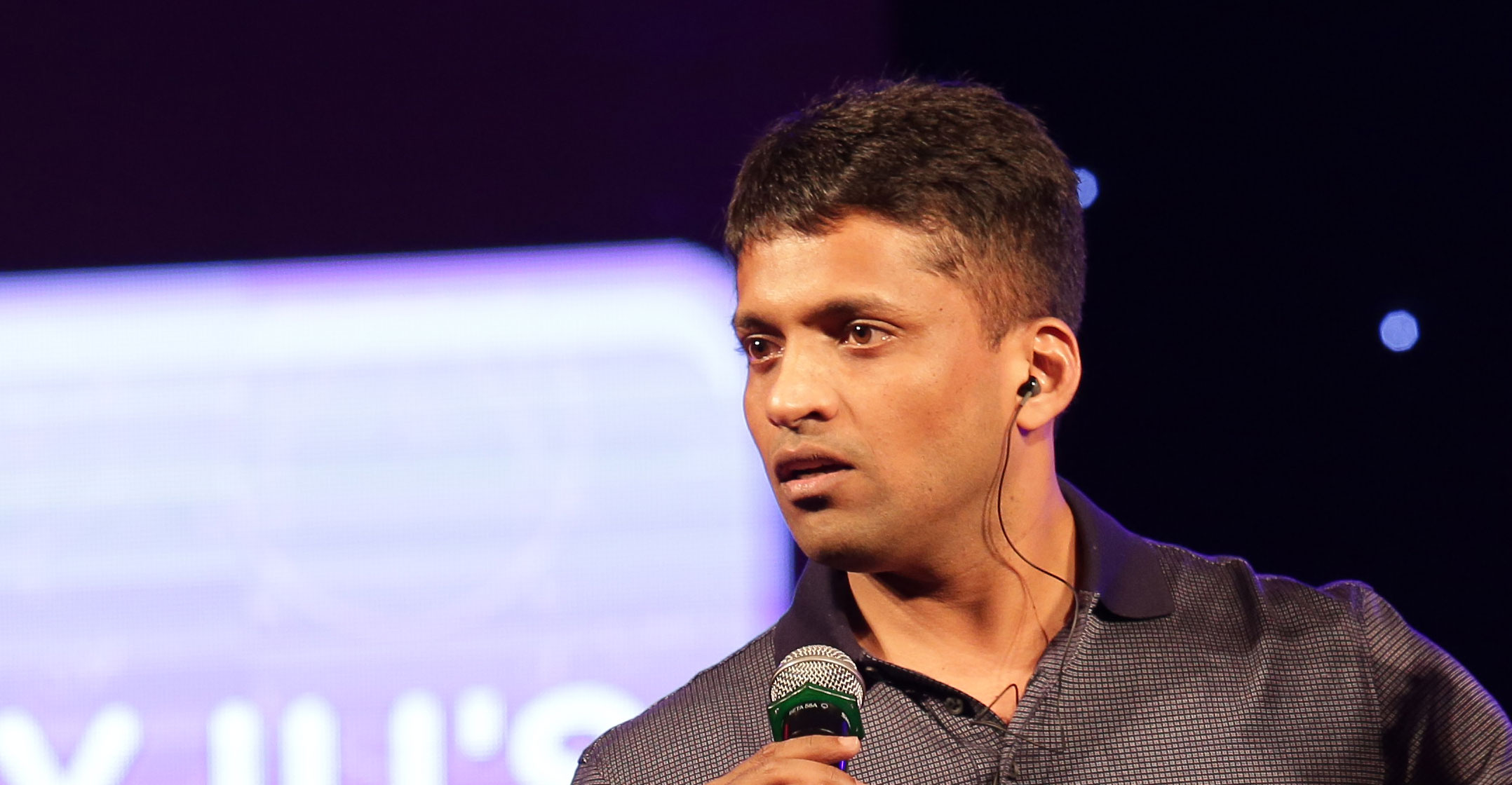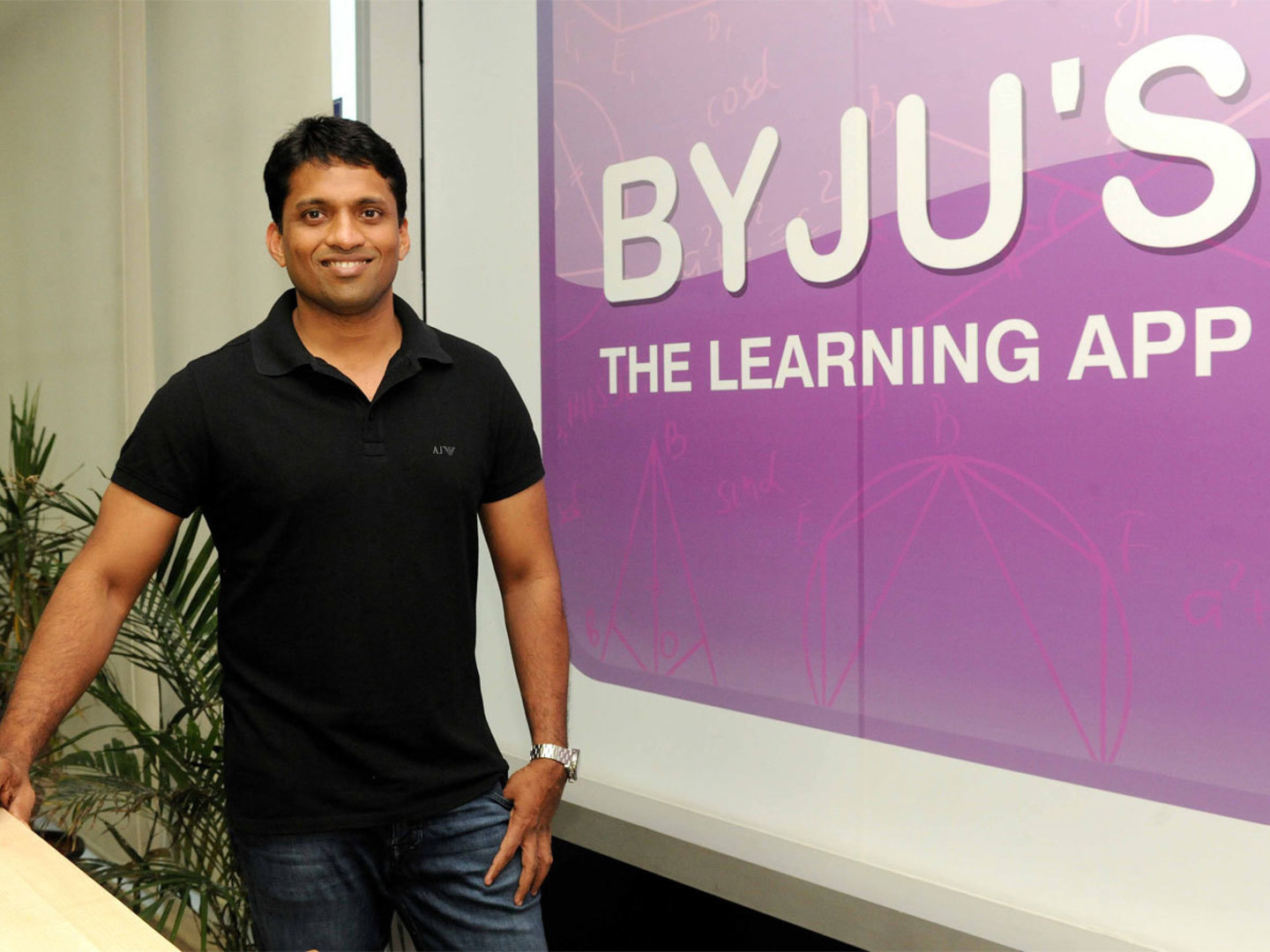Byju should cease offering tuition to families with lesser incomes.

According to Bjyu, selling education to lower-income parents who might find it hard to pay will end. Pravin Prakash, a founding partner, stated the business would start performing “affordability checks” in order to prohibit offering loans or selling its courses to families making less than $25,000 per month.

After a two-part Context investigation into Byju’s working culture and customer service practices found that the company had participated in unethical commercial practices to seduce parents, the National Commission for Protection of Child Rights (NCPCR) issued summonses. Context has spoken to a number of clients who claim they were taken advantage of—either by being tricked into buying courses or in some other way—and were ultimately unable to receive their funds refunded.

Prakash represented CEO Byju Raveendran at the closed-door hearing on December 23. It is believed to be the initial notification of this nature regarding a sales strategy delivered to an Indian edtech business.
In a phone interview, NCPCR chairwoman Priyank Kanoongo stated, “Children have gained some comfort today from the mental trauma they and their family was being put by the company’s harsh policies.” “We cannot control how a digital business operates, but the effects of their exploitative practices were unquestionably within our scope.” When schools were shuttered due to the COVID-19 epidemic and students switched to online education, Byju’s saw a boom in business. But as kids started returning to school and the global economy worsened, demand started to fall. The Bengaluru-based company was founded in 2011 and launched its learning application in 2015.

Several thousand complaints by customers who said they were pressured into enrolling in the service, profiled, and deceived into doing so, risking their finances and futures, have been made to the corporation this year on social media and consumer sites. Byju claims that it did not educate, direct, or encourage employees to look for customers who are unwilling or cannot pay for its products.
Additionally, the firm claims that it does not actively offer loans but instead connects parents of students needing money with other banks or financial institutions. The exploitative methods are within their jurisdiction, and severe steps would be taken, NCPCR chairperson Priyank Kanoongo informed media agencies.
During the pandemic lockdown, Byju experienced a sharp rise in demand for their courses, but when the kids switched back to offline learning, the company’s clientele shrank. Parents and children have filed hundreds of grievances against Bjyu on consumer websites and social media for deceiving them into paying for the company’s courses and services. Consumers who have difficulty paying for their goods and services.

The business was founded in 2011 by CEO Bjyu Raveendran and had its headquarters in Bengaluru. It debuted its edtech app for digital learning in 2015. The commission cited a media report that detailed some of the customers’ experiences and stated, “As the Commission has arrived across a newspaper story where it has been tried to point out that the sales department of BYJU’S is engaging in malpractice to persuade parents into purchasing their course work for their children.
According to Bjyu, the company has stated that it would not provide any of its workers instructions to pursue individuals. Additionally, it was reported in the news article that several clients felt they had been taken advantage of and duped, endangering their investments and futures.
Kanoongo claims that the CEO (Byju Raveendran) was represented by two Byju firm representatives who came before the NCPCR and delivered a letter on behalf of the tech company. Also mentioned by Kanoongo was the fact that official proposals from the NCPCR will be delivered on Monday.

Byju has promised to assess the parents’ financial capability before providing them with courses and finance. They have made it clear that they won’t provide training to anybody who makes just under Rs 25,000 per month in income. Additionally, according to Kanoongo, they have agreed to reimburse the entire tuition fee to parents who would have cleared the economic test but were offered courses and loans.
“We’ve also requested that Byju’s demand police verification of every salesperson who interacts directly with children, parents, and students. We have finally received the additional documentation we asked for, and we will have it on Monday. According to Kanoongo, we verbally provided them with all of this data and will do it again on Monday.
Byju claims that users are not directly given loans. The business claims that, upon request, Byju connects the mothers of such kids with respectable external banks or financial organizations to assist pupils who require financial support. 98.5 percent of refund requests received through authorized channels, according to the company, are resolved within 48 hours.

In answer to media allegations suggesting that the edtech firm takes advantage of students by actively selling and misrepresenting its courses, the NCPCR called Byju Raveendran, the CEO of the company, on December 17.
Some parents claimed in the media item that they were used and conned, compromising their wealth and future. According to the story, the ed-tech platform has allegedly been “actively deceiving” customers into signing loan-based arrangements for seminars that cannot be returned, even if the customer requested one. Furthermore, it is said that after receiving multiple concerns from the parents of the children, Byju did nothing.
Every sale is purposefully delayed, according to a spokesperson for Byju, until it is confirmed by a triple-layered independent audit that contacts the potential customer by SMS, voice communications, and video conversations.
Business at Byju’s skyrocketed after schools were closed as an outcome of the COVID-19 outbreak, and students shifted to online study. Demand started to decline, though, when kids returned to school, and the global economy continued to deteriorate.
The company, which is located in Bengaluru, was founded in 2011 and released its learning app in 2015. Bjyu’s, an education technology company, quickly emerged as a beacon of hope for Indians seeking a brighter and better future, from parents seeking the best possible education for their children to younger, tech-savvy professionals seeking to further their careers.
The Bengaluru-based startup, established in 2011, launched its learning software in 2015 and grew quickly into worth billions of dollars behemoth, emerging as ‘s finest edtech company as representatives of the country’s expanding middle class looked for employment and financial security in one of the biggest tech hubs in the world.
But as the company has grown, so have the complaints. Byju workers allege that the business employs predatory and oppressive working conditions as well as dishonest sales strategies, such as profiling, pursuing, and pressuring potential students from less fortunate backgrounds to enroll in its courses.
According to text messages, emails, corporate contracts, and sound files of conversations and meetings, some executives at Byju cajole but also threaten employees into spending more than 72 hours a week and refuse them lunch breaks, paid vacations, or even the right to leave the workplace.
But Byju’s workers, a majority of whom are 1st-degree holders or are from low-income homes, claim they put up with the harsh atmosphere out of fear of losing their employment chances in India’s competitive labor market since their families are counting on them.

Twenty-two of Byju’s consumers were also questioned by Context. Many said that they had been pressured into enrolling in courses, conned into obtaining loans, and left with no redress after losing money.
According to Byju’s spokesman, in reaction to Context’s findings, the employees who spoke out constituted an “infinitesimal proportion” of the company’s personnel, and the business had “harsher punishments for unfavorable behavior in the workplace.”
edited and proofread by nikita sharma




